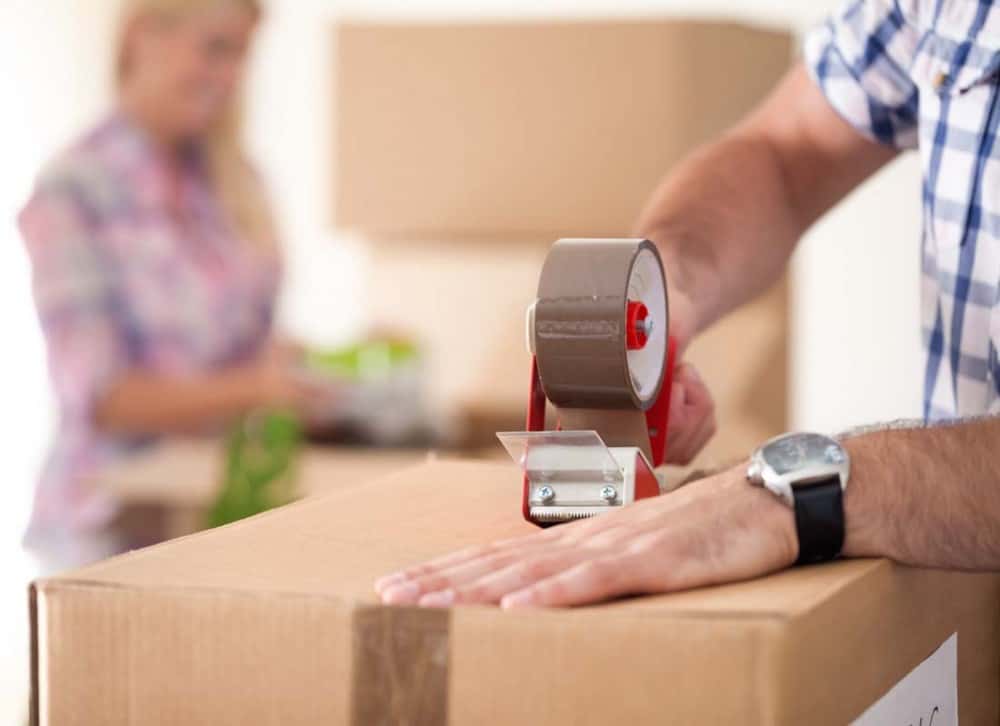If you’re planning to go overseas and become an expat, there are a number of things you need to sort before making your big move, including preparing for expat life.
Often the first thing that comes to mind is getting your Australian tax returns and other paperwork out of the way. However, there are other things to be done as well. One of the most troublesome can be dealing with all of your “stuff”. Obviously, you can’t take all that furniture with you, and you don’t want to break your bank by shipping a lot more things than you need.
Today, we’ll look at some practical options for getting your belongings all sorted out.
Preparing for expat life
1. Selling can be simple
The easiest choice is to sell the furniture and the valuables you don’t intend to take with you. This is most often accomplished by using Ebay or Gumtree. If you take your time and list the items with all the correct information, they will most likely sell quite a bit faster than you might think.
2. Leasing your Australian property makes sense
A second option is renting or subletting your fully furnished home or apartment to another party. This can be ideal for those who are a bit reluctant to simply let go of their furniture or those who prefer to keep their property. The only downside is that, in order for this option to really work, you would need to have a good tenant in the place on a continual basis. Otherwise, you’ll be stuck paying for your living costs in two different countries instead of just one. Of course leasing out your property can make good financial sense as you’ll generate returns on a high-value asset that would otherwise sit idle.
But what about tax?
Well, as you’ll be generating rental income, this will need to be included within your Australian tax return and you’ll be up for tax on the rental profits. Rental profits are simply the end result of rental income received minus rental expenses (such as council rates, water rates, insurance, mortgage interest, repairs, body corporate fees, property agent management fees and other similar expenses).
From a capital gains tax (CGT) perspective a person’s main residence is generally exempt from CGT when sold. If you lease out your property then usually this becomes subject to capital gains tax to some degree, when sold. However where you temporarily move away (for 6 years or less) and you lease out your main residence in your absence, then the property will remain CGT-free for that period when sold. Bear in mind, that you can only have one main residence, so, as long as you have not declared another property as your main residence, then the main residence exemption should still apply.
As with any tax rules like these above, the devil is in the detail and there are complicating factors at play, so our best tip in a forum like this is to seek advice from an experience, qualified accountant before relying on the above!
3. Storage is suitable
Getting back to your household goods . . . you can also put your things into storage if you know for certain that you’ll be coming back within two years or so, but it could be a bit tough to justify the expense if you plan to be gone for a longer period of time. If you do choose to go for the storage option, you can save a little money by selecting a fixed-term type of storage that you cannot access as opposed to a self-storage option that allows you to come and go as you please.
4. Shipping can be stressful
Yes, shipping all your furniture and other belongings overseas is a possibility, but it’s far and away the most costly option. Also, organising it can turn into a real logistical nightmare. You could shell out somewhere around $3,000 to $6,000 for the shipment of the contents of a moderately furnished single-bedroom apartment, and that could take anywhere from three to five months to actually get there. This estimate is for shipping from Australia to Canada, but going to other countries will still be costly. Unless the overall value of your items is far greater than what it would cost to ship them, it’s probably better to just buy new furniture once you get to your destination country.
Questions? . . .
If you have some questions or would like us to introduce you to a expat financial planner whom we’ve worked with previously, click on the button below and send us a message:
- Potential AUD Exchange Rate Impacts Of Inflation & Interest Rates - 30/10/2024
- Overdue Tax Returns? Here’s How to Catch Up - 15/09/2024
- Demystifying PFICs for Australians in the United States - 12/04/2024



